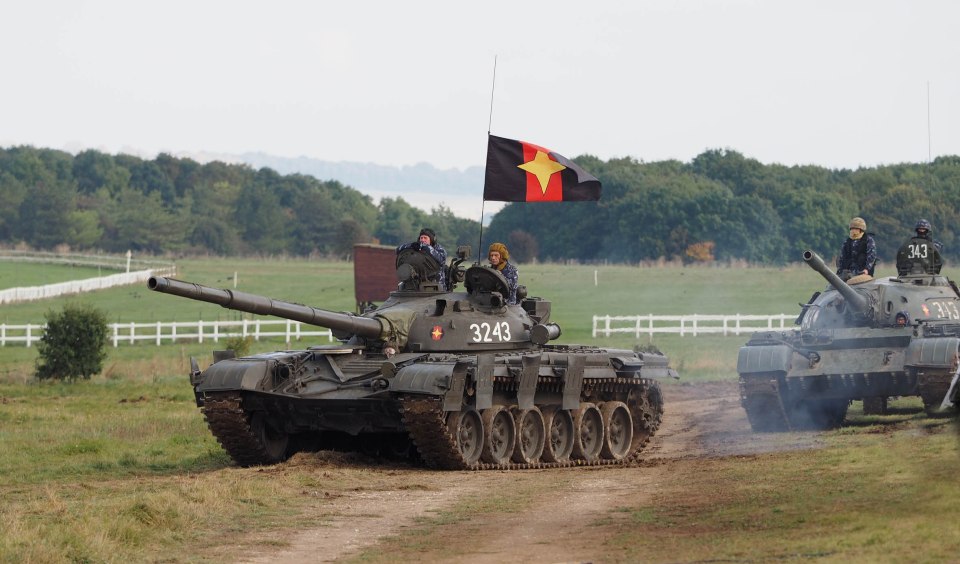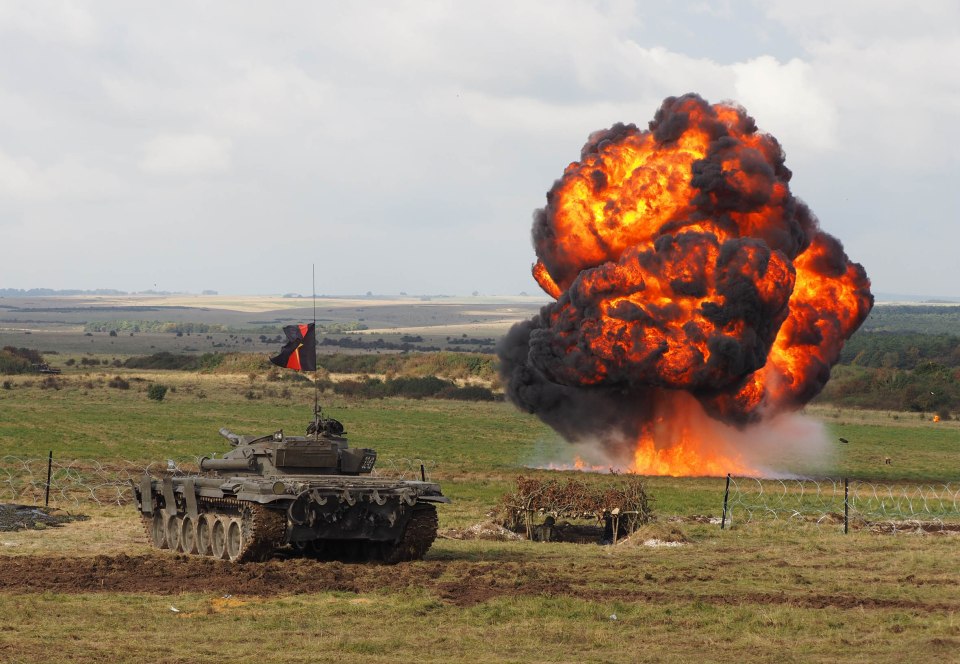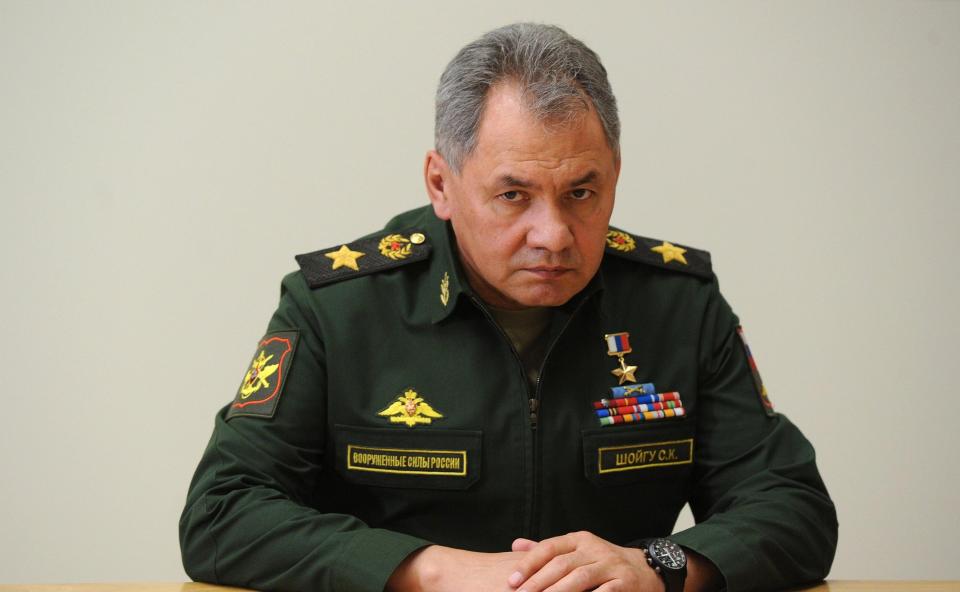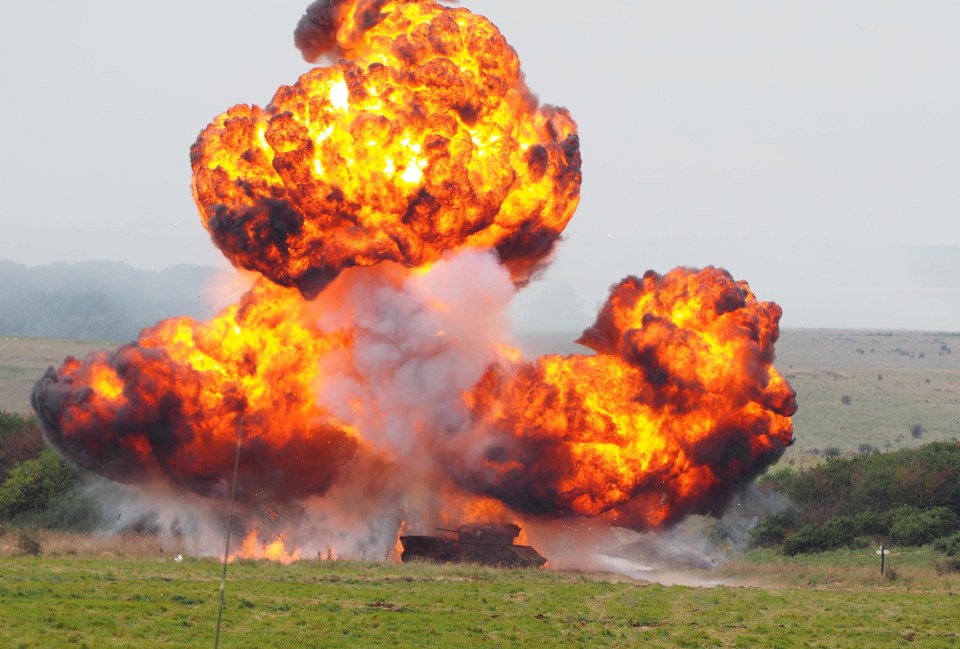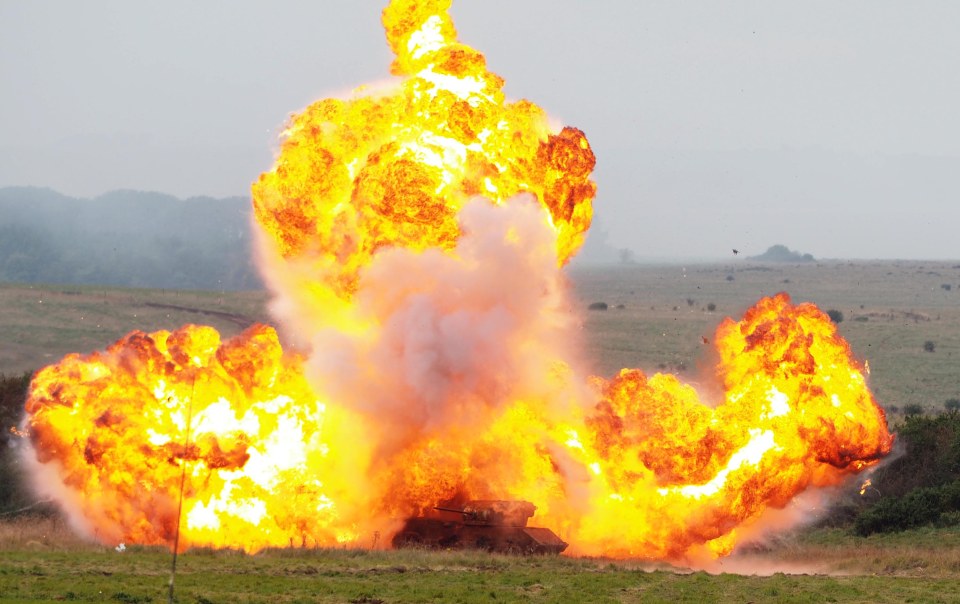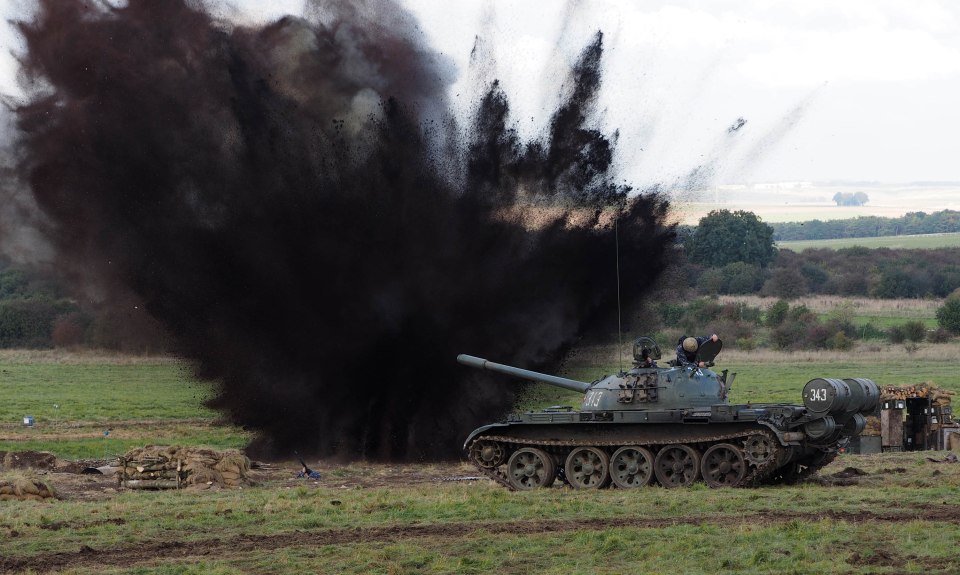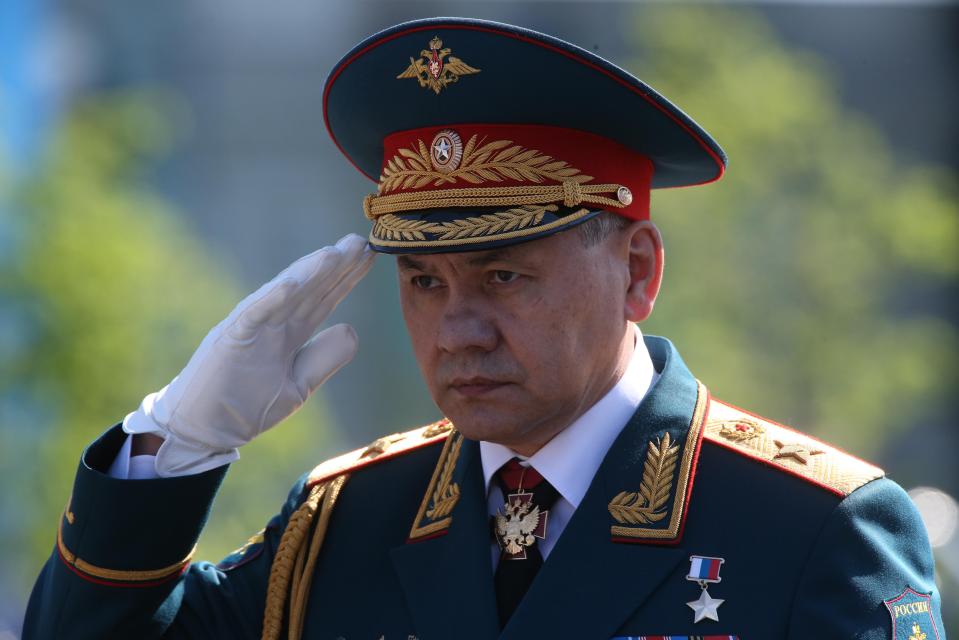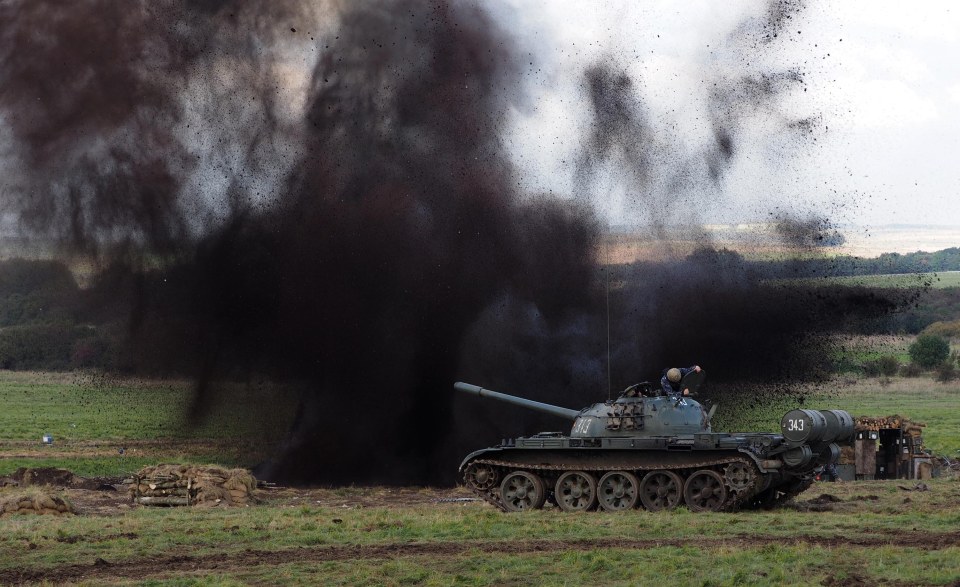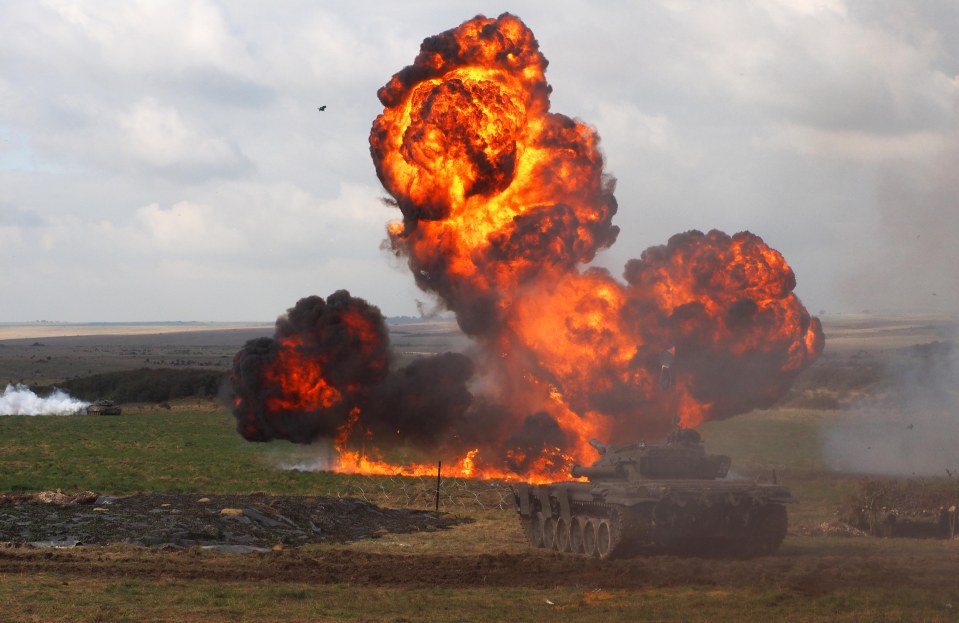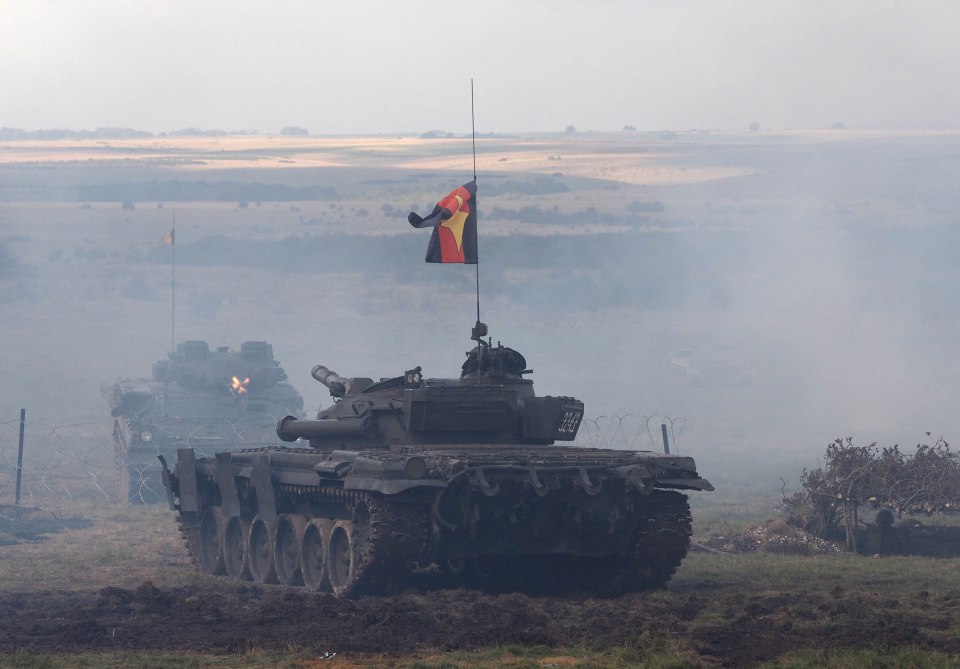Vladimir Putin’s defence minister compares the British Army to Nazi Germany as new Cold War plunges to fresh low
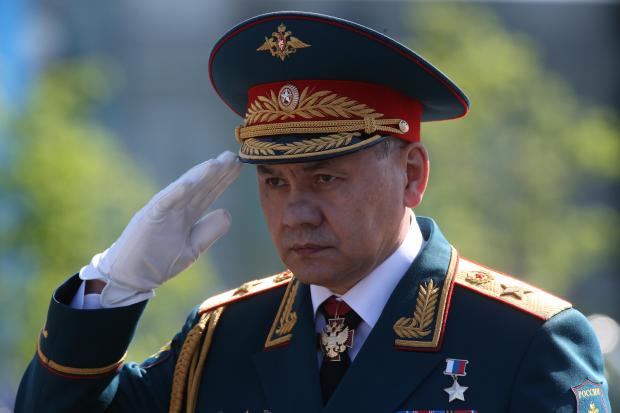
VLADIMIR Putin's defence minister compared the British army to Nazi Germany today as the new Cold War plunged to a fresh low.
Sergei Shoigu said British troops training on Salisbury Plain "have started to use Russian-made tanks and uniforms of the Russian military to designate the enemy".
The man who heads the former Red Army said: "The last time this training method was used was by Nazi Germany during the Second World War."
The 61-year-general, one of Putin's closest allies and a personal friend, also alleged Nato "has doubled the intensity of military exercises, most of which are anti-Russian".
He told a meeting of top brass in his ministry: "None of the exercises held by foreign states has passed unnoticed."
He warned: "The outcome of every drill has been analysed and taken into consideration in combat training of forces."
It comes after Russia's embassy in London mocked the Salisbury Plain drill, which used old Polish tanks to simulate Putin invading Eastern Europe.
The embassy tweeted a pic of exercise, adding: "Large-scale British exercises near Salisbury: imitation fight vs Polish-assembled T72s as a poor replacement for real stuff."
Soldiers were in close proximity to massive fiery explosions to prepare them for real warfare with Russia
The Russian-designed tanks were snapped rolling through the Wiltshire countryside in an incredibly realistic British Army exercise preparing for the chilling scenario of President Vladimir Putin's forces invading Estonia.
The drill, which was based on Russia's 2014 invasion of eastern Ukraine, is one of the most realistic war games ever staged and also involved Tornado jets and Apache helicopters supporting British Challenger tanks.
Some of the 800 troops due to be deployed early next year to support Nato forces in the Baltic states took part in the mock battle earlier this month.
RELATED STORIES
Relations between Russia and the West are at their lowest ebb since the end of the USSR a generation ago.
And European countries fear Moscow's deployment of nuclear-capable Iskander missiles in October into its Kaliningrad outpost that borders Nato members Poland and Lithuania.
The missiles have Berlin in their range.
Nato vowed at a summit in Warsaw in July to bolster its eastern flank.
The aim was to counter a resurgent Russia, with four battalions deployed in Poland and the Baltic states.
Moscow slammed the decision, accusing NATO of working to counter a "non-existent threat".
The alliance - which includes Britain and the US - has suspended all practical cooperation with Russia over its role in Ukraine.
But president-elect Donald Trump has held out a hand to Moscow, and Russia hopes for an improved relationship with the US after he enters the White House next month.
We pay for your stories! Do you have a story for The Sun Online news team? Email us at [email protected] or call 0207 782 4368


